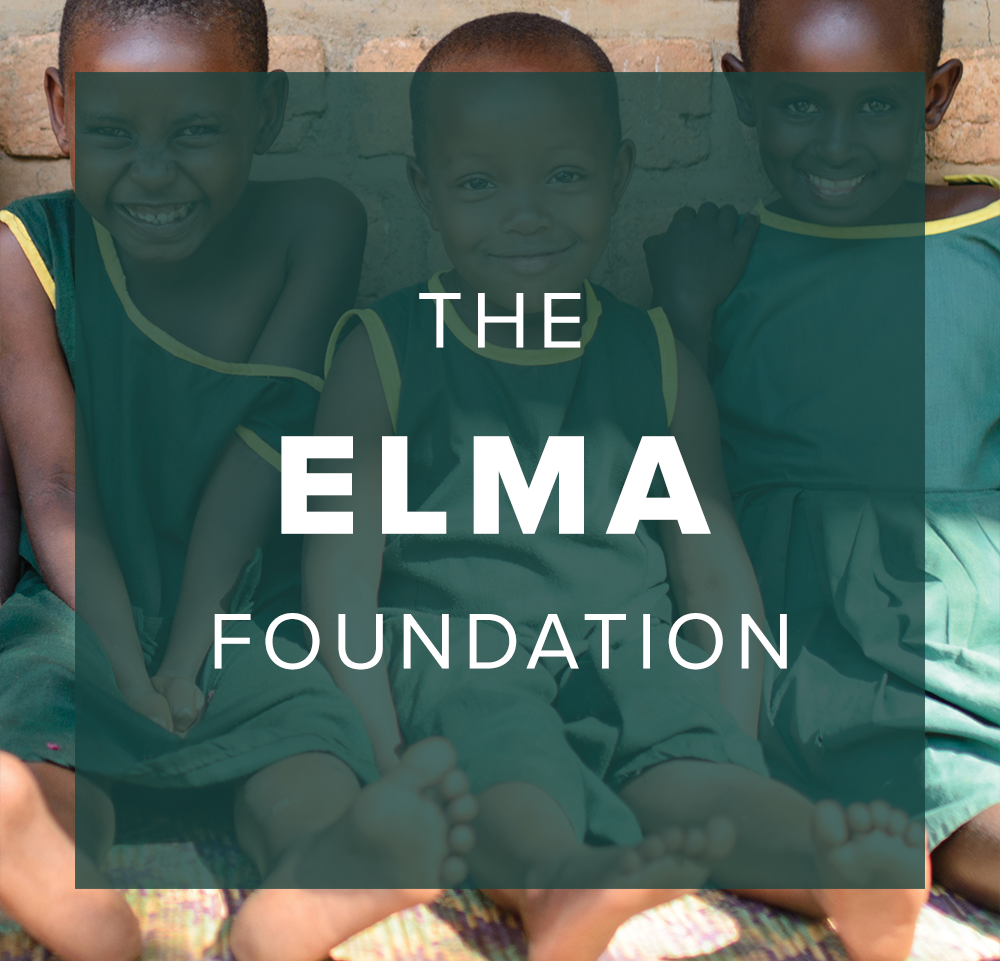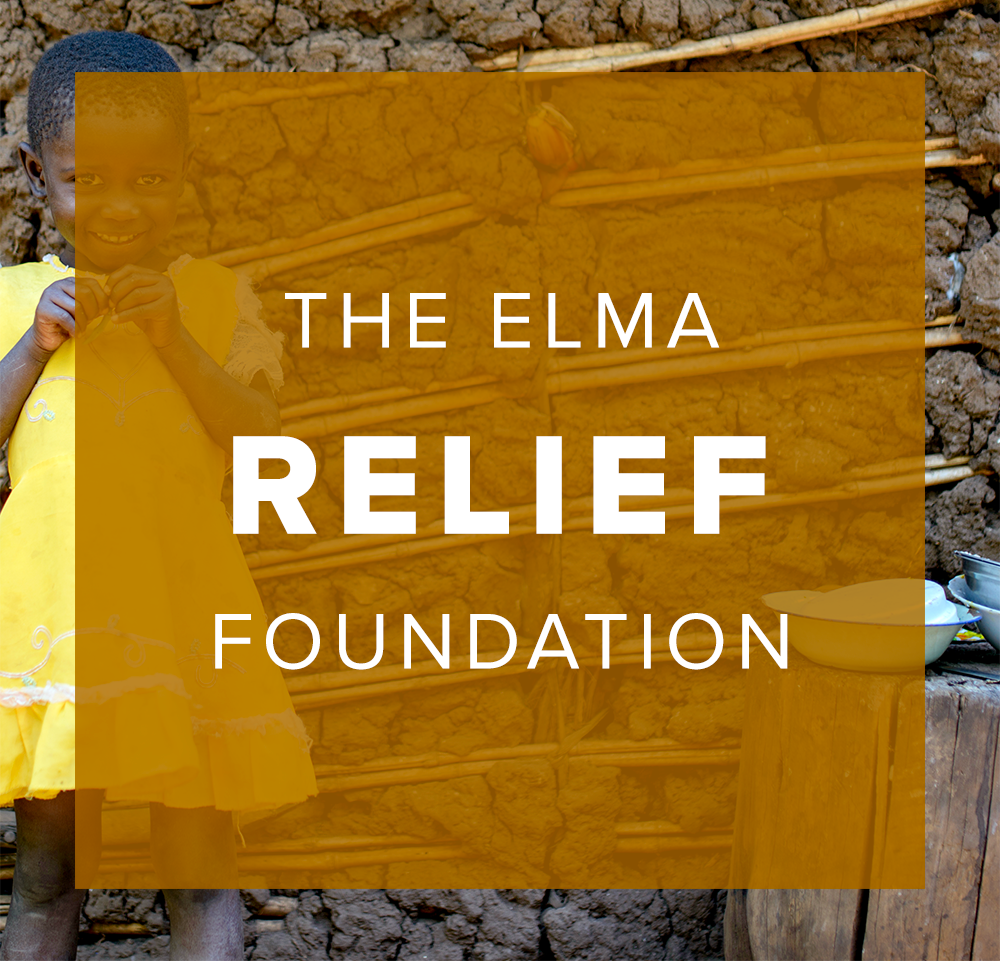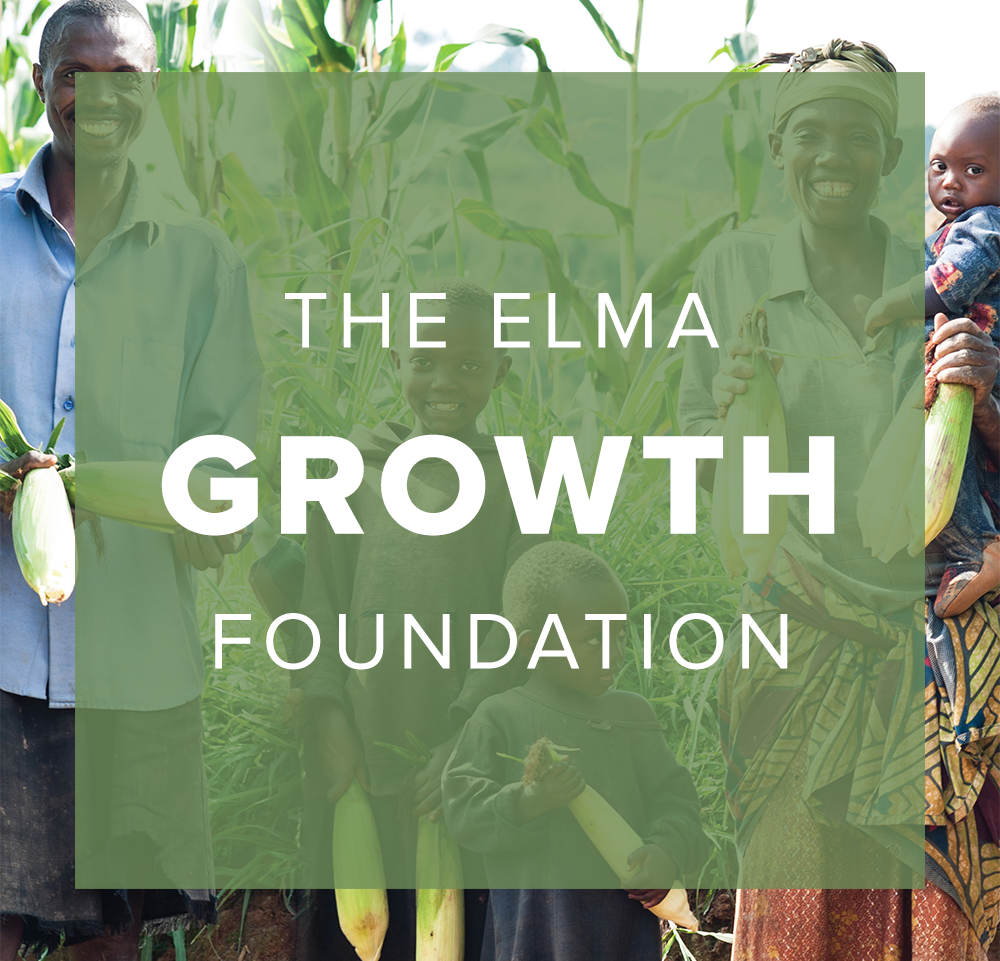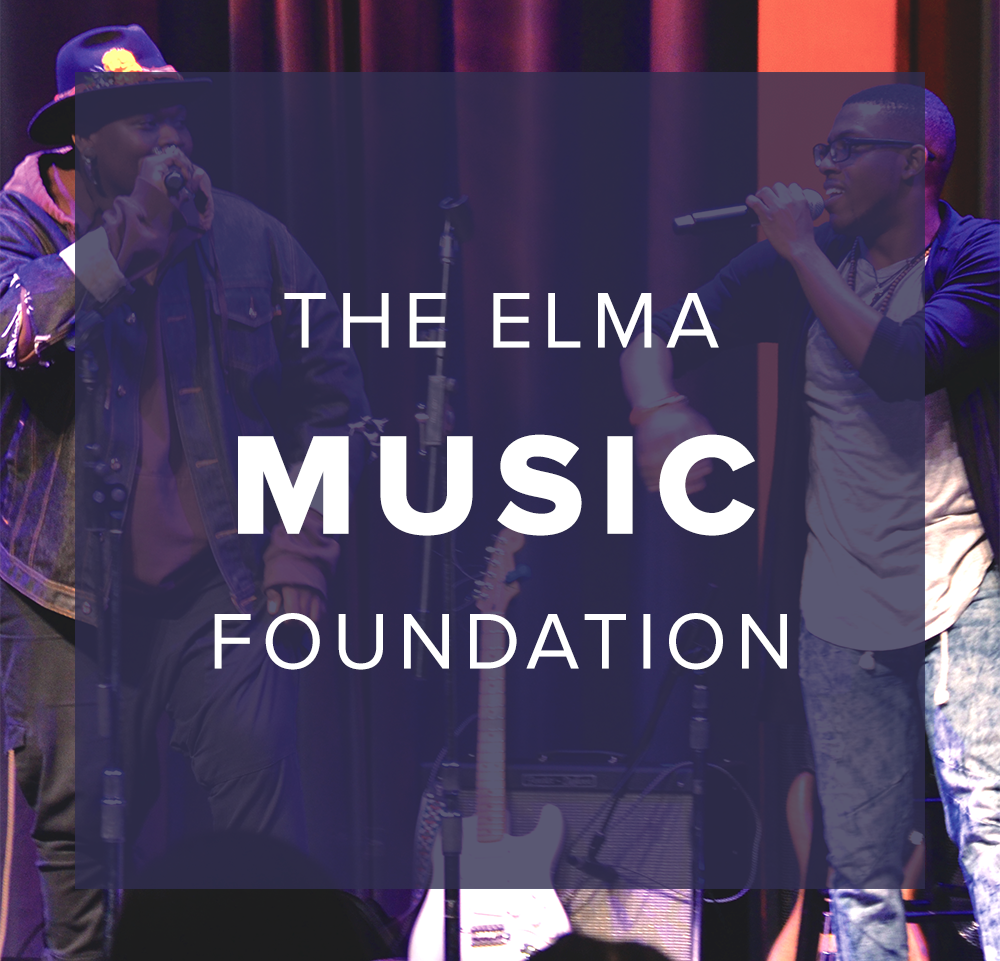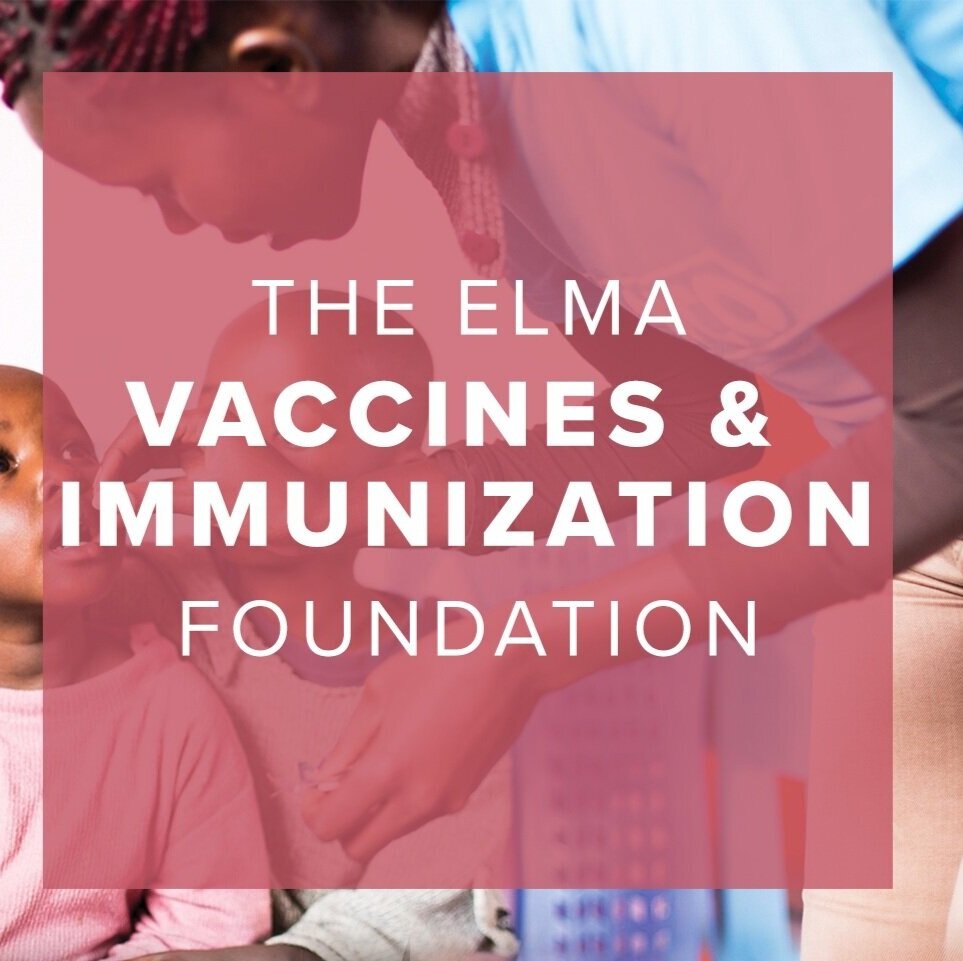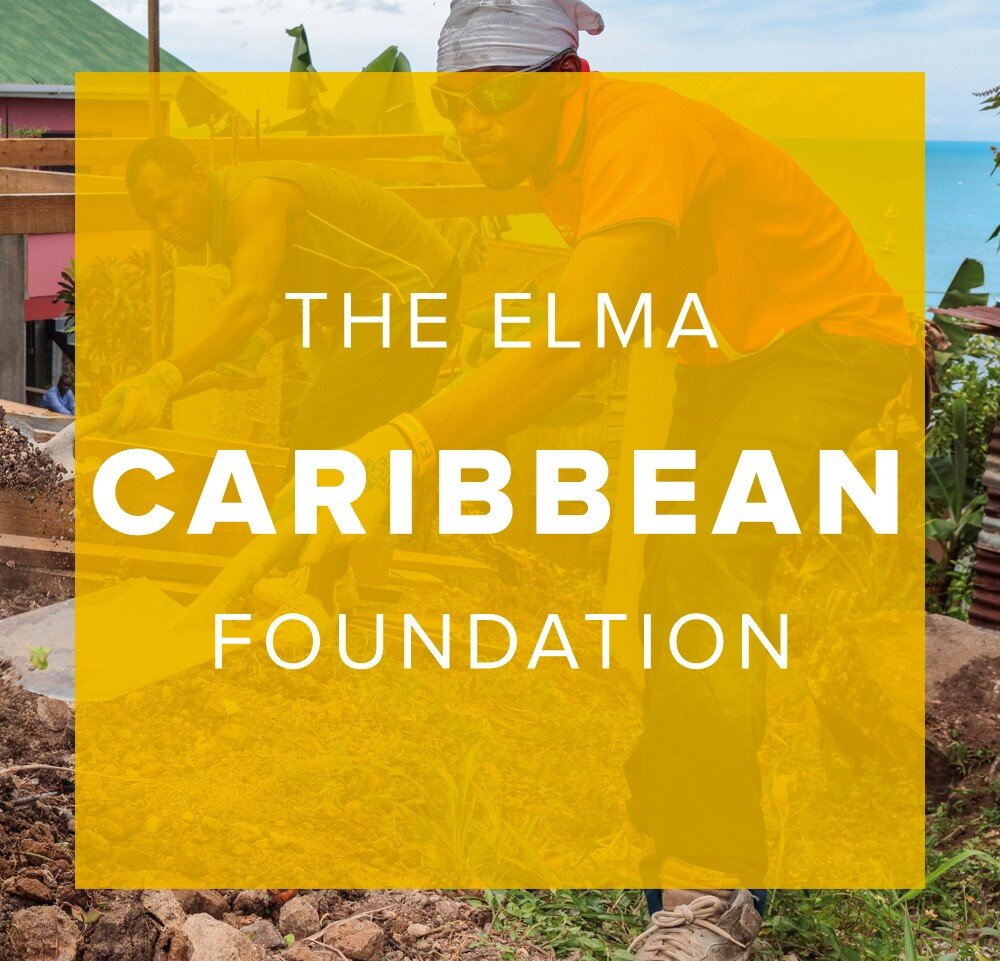< BACK TO E&L HOMEPAGE
Improving Policy and Practice in Early Childhood Development
July 2, 2025
June Lee
Director, Evidence & Learning
ELMA PhilanthropiesSehrish Bari
Senior Evidence & Learning Officer
ELMA Philanthropies
Photo: The Unlimited Child is focused on scaling up a quality improvement model in 6,000 ECD centers, reaching 500,000 children in low-income populations in South Africa by 2025.
Approach
In 2024, ELMA’s Evidence and Learning team conducted a review of the ways in which our partners have contributed to influencing policy and practice through ELMA’s investments. Our measurement approach captures two dimensions of policy and practice influence:
1. Stage of uptake: The extent to which policies or practices are implemented, institutionalized, and sustained (for at least 18 months) post-investment. Institutionalization occurs when policies, practices, and interventions are embedded within the structures and norms of institutions such as government, health facilities, or organizations. These are assessed using a rubric that describes each stage of progress qualitatively.
2. Level of influence: The scale of influence, from local, subnational (e.g., district or province), national, regional/global.
This brief summarizes the analysis of ELMA’s Early Childhood Development (ECD) investments. Forty-two grants totaling USD27million to 30 organizations were analyzed, primarily focused on South Africa, Ghana, Uganda, Rwanda, Ethiopia, and Kenya. Most influence occurred at the national level, reflecting ELMA’s country-focused approaches to ECD.
Highlights of National-Level Policy Influence
The most mature policy influence is evident in South Africa, where ELMA has had the longest history of investment. Partners have also made substantial progress in securing government commitments to policy improvements in Uganda and Ghana, while influence is more nascent in Rwanda. A summary of partners’ policy influences is below.
South Africa: Ilifa Labantwana successfully advocated for the recognition and funding of non-center-based programs by the Department of Social Development (DSD), including the extension of the ECD Maintenance Grant to support unregistered programs. This policy has the potential to significantly expand access to quality ECD services, particularly for children in underserved communities without access to center-based programs.
SmartStart contributed to the drafting of the Children’s Amendment Bill and the development of an Integrated Development Plan Advocacy Toolkit, alongside its ongoing advocacy for the bill’s passage in partnership with the Equal Education Law Centre Trust (EELC) and Ilifa Labantwana. The Children’s Amendment Bill addresses critical issues such as guardianship, parental responsibilities, child protection, and ECD, and its passage would represent a major step forward in ensuring children’s rights and well-being in South Africa.
Ilifa Labantwana’s role in supporting DSD’s application to the National Treasury resulted in doubling the ECD Conditional Grant budget to ZAR1billion per year. It also collaborated with DSD and the Department of Basic Education to develop frameworks for a quality assurance system and for human resources. These policy developments lay the foundation for a more coordinated, better-resourced, and quality-focused ECD system.
Ghana: Partners’ contributions centered on supporting government’s commitment to ECD. Innovations for Poverty Action supported the Ghana Education Service’s adoption of an evidence-backed in-service teacher training model and parental engagement strategy and provided evidence to inform the government’s COVID-19 education response. Sabre Education partnered with the Ministry of Education to develop standardized national teacher training content for kindergarten, which was adopted as the official training manual.
Uganda: Kyambogo University developed a national ECD caregiver training curriculum and a career pathway, both approved by the Ministry of Education and used in 23 public teacher training colleges.
Photo: The Unlimited Child
Highlights of National- and Subnational-Level Influence on Practices
Partners’ effects on ECD practice have largely focused on supporting improved service-delivery quality, adoption of best practices (e.g., play-based learning), strengthening of measurement, and expansions in reach.
South Africa: Partners have successfully institutionalized best practices to improve the quality of ECD at national and subnational levels, including SmartStart, The Unlimited Child, Wordworks, Cape Educational Trust, and Khululeka. TREE plays a critical role in training, upskilling, and mentoring ECD practitioners. SmartStart, TREE, and Wordworks collectively reached more than 233,800 children, demonstrating the potential for evidence-based models to achieve scale.
Uganda: Partners in Uganda have contributed to practice improvement though a maturing ECD Network, sharing best practices, and ongoing program expansion at the subnational (district) level.
Ghana: Lively Minds has scaled its play scheme model to 46 districts across the country in partnership with Ghana Education Services. Sabre Education has demonstrated improved teaching and student performance. Core elements of their play-based curriculum were institutionalized sub-nationally, and their kindergarten teacher training model will be integrated in the next Global Partnership for Education program with the potential to reach all 48,000 public kindergarten teachers across Ghana’s 261 districts.
Kenya and Ethiopia: Partners have influenced practice sub-nationally in both countries. In Kenya, Kidogo has refined its model, expanded partnerships, and scaled up to 784 daycares, with evidence showing improvement in quality and child outcomes. Tiny Totos has made progress in expanding its programming and tracking child outcomes and currently advises the Addis Ababa city government on launching and sustaining the “day mother” model. Ethiopia’s School Readiness Initiative has scaled its preschool program model across the country, with a preschool pre-service training curriculum that has been approved by the Federal Ministry of Education and will be adopted by all training colleges.
Insights and Learning
These analyses show that success in influencing policy and practice often go hand in hand. Both are based on building strong partnerships with government at national and subnational levels, aligning with government plans and priorities, ensuring that strong evidence undergirds interventions, and strengthening the ECD workforce. Many of ELMA’s investments focus on supporting governments in these areas, including policy development, curriculum, a focus on quality, data and measurement, and workforce certification and support. ELMA’s investments in South Africa show the ways in which a long-term commitment, adaptability, and a systems approach that targets multiple facets of the ECD sector (including policy, models of quality service provision, and evidence) can significantly increase access and quality of ECD services. Investments in Uganda, Ghana, Rwanda, and Ethiopia are laying similar groundwork to different extents and in a context-specific way.






